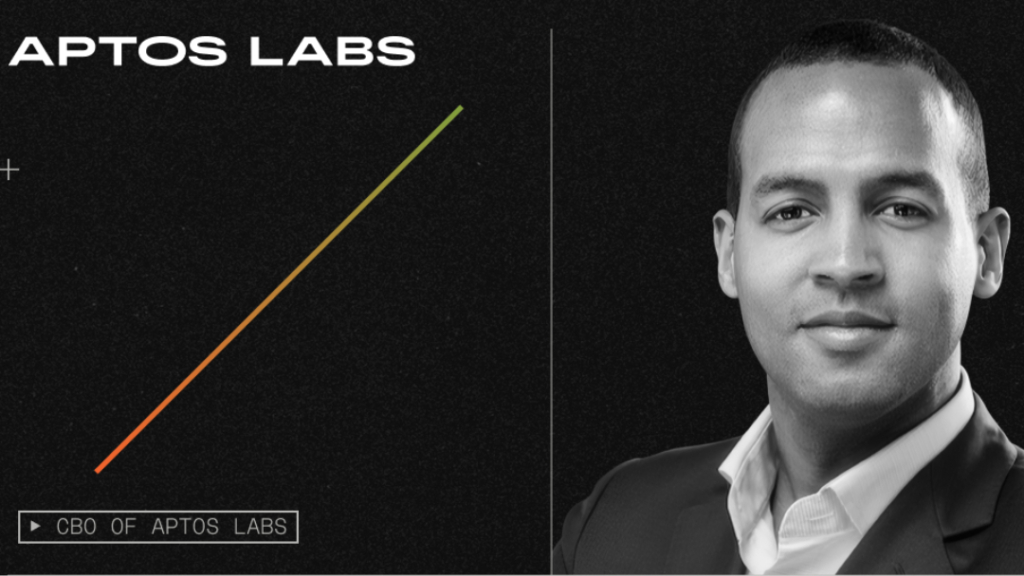Japan will take charge of several meetings for the Group of Seven (G7) financial leaders this year, which will include discussions on crypto policy and central bank digital currencies (CBDCs).
The G7 is a group of the world’s leading industrialized countries, consisting of the United States, Canada, Britain, France, Germany, Italy, and Japan.
The upcoming meetings will focus on the global economy and financial markets, and the ministers will explore ways to help developing economies create their own CBDCs, while ensuring compliance with international standards.
CBDCs are different from cryptocurrencies like bitcoin and ether, as they are government-issued tokens pegged to fiat and don’t necessarily have to run on a blockchain or distributed ledger system.
The G7 will also discuss a public policy principle for retail CBDCs, intended for use by the general public. Talk around digital asset regulation has increasingly become a focus, particularly after several bankruptcies and crypto company implosions last year.
Japan’s deputy finance minister, Masato Kanda, acknowledged that the rise of crypto hasn’t come without threats to investor security, and not all economies are on the same page.
However, he noted that Japan’s ruling Liberal Party recently released a white paper that sets out recommendations to boost the crypto industry there, signaling that the country is open to innovative financial technology.
The G20 countries have also decided to adopt a common framework for digital assets, which would include risk management and ways to deal with potential shocks and collapses.
China is already at the forefront of CBDC development, with its digital yuan currently being developed by the central bank. Spending in the digital yuan appears to have been successful, with transactions reportedly crossing ¥100 billion ($13.9 billion) in August last year.



